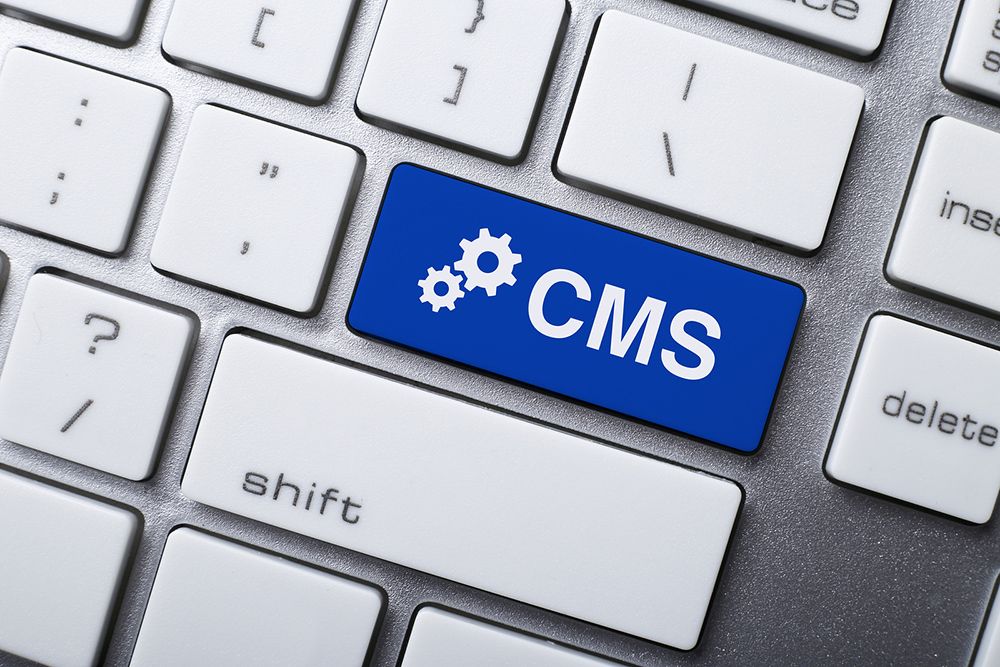A big part of what we do at Eternity is to give advice to our clients, and to our prospects before they become our clients. In the constantly-evolving business of designing and developing websites, change is the norm -- in technology, design techniques, content delivery, and on and on. One thing, though, that hasn't changed in a long time is the usefulness and increasing importance of a good, robust content management system (CMS). A client recently asked what the benefits and downfalls of using a CMS are, and though we were taken aback by the question (we've been evangelizing for using a CMS for the 16 years of our existence), it's a fair question that will continue to be asked by businesses of all sizes, but particularly by small businesses who want to drive traffic to their site, but don't want to devote the time to maintaining it.
Read along, and see why you not only need a CMS, but why you should update your site frequently -- and learn a little about why we prefer MODX over other CMSes, too.
BENEFITS OF CMS:
- No need for specialized knowledge of any kind to make content updates to the site -- including making new pages, adding links to those items to the navigation, editing existing pages, and making pages at "hidden" (un-public) URLs.
- No ongoing support fees associated with making regular content updates and minor site changes.
- Just as secure as using direct FTP for updating, particularly in a Safe Harbor-certified hosting environment.
- Blog (or blog-style) update tool: Any blog is a CMS. You definitely want (need) a blog. Google has been consistently de-ranking and will continue to demerit websites that do not contain a blog, and which are not directly integrated with social networks (i.e., pushing content to Facebook, LinkedIn, YouTube, Instagram, and/or Twitter). The key to organic (free) search engine performance is a blog. Well, that and a new mobile responsive design.
- Google rewards sites that are updated. The more frequent the update, the more it will increase your organic rankings on certain "keyword" concepts. A CMS (with a blog tool inside it) allows you to publish more frequently, more easily, and less expensively. Its presence does not necessarily increase your Google presence, but it is the tool that enables it.
- Design is far easier to update and implement on a CMS than in native HTML. Faster, less expensive, and with the benefits of preserving the content structure (like re-skinning in WordPress, for example).
- Permission-based content updates, in case you have multiple editors, some of whom should have access restricted to specific pages or sections.
- Easy to train supplemental or replacement content editor users.
DOWNSIDES TO CMS:
- In some cases (not in our MODX hosting scenario, though), CMSes can be vulnerable to attack for spam bots. It's a security issue that in our world is completely covered by oust hosting provider's Safe Harbor-certified hosting. WordPress and Drupal are known for being vulnerable to attacks, primarily because so many are hosted on very large commercial or community networks, as well as the un-vetted plugins that tend to make Wordpress sites fall out of browser compliance quickly.
- If someone likes to update HTML, they still can, though it will be a rare instance when they'll have to. So they might miss that. NOT!
- If you wanted to actually store personal data on the website, we'd recommend against that, of course. The 2-point, 256-bit SSL encryption is great for keeping your website content secure. It's not designed to prevent hacking by people who want to steal identities, because it's not designed to store identities.

